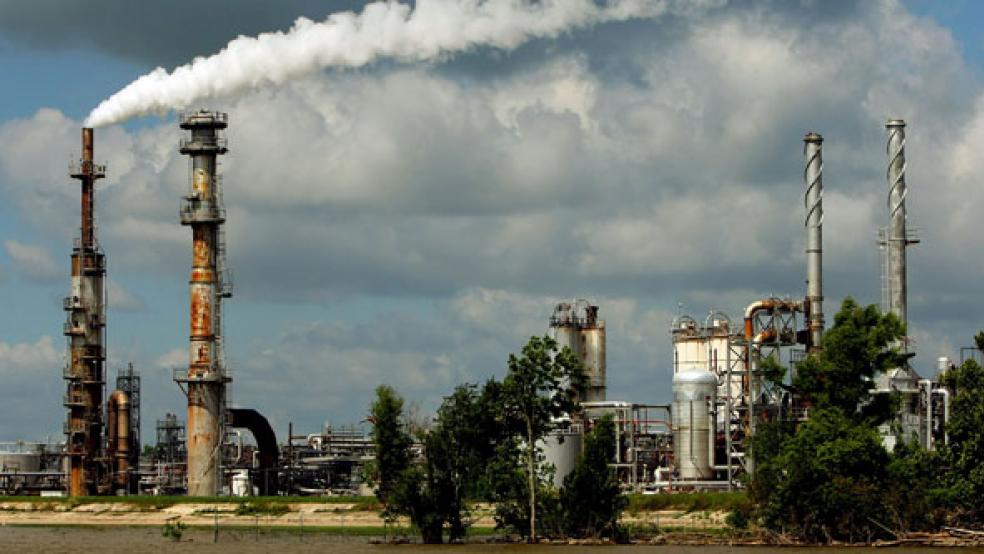After years of discussions and debates the US government has finally released its plans to regulate power plant emissions, the country’s largest source of greenhouse gases. In the US, the power sector produces about a third of all greenhouse gas emissions but it is completely unregulated. In June, President Obama announced that he would introduce new regulation to control the pollution created by power plants.
On Friday, the Environmental Protection Agency released its new Carbon Pollution Standard for Power Plants. MNN has highlighted four points that arise from the new regulations:
1. Fossil-Fuel plants will emit less CO2, but they will still produce CO2.
At the moment the average coal-fired power plant in the US releases nearly 1,800 pounds of CO2 per Megawatt hour (MWh), but under the EPA’s new laws coal power plants will not be allowed to emit more than 1,100 pounds of CO2 per MWh.
Whilst mostly aimed at coal power plants, due to them being the most highly polluting form of energy generation, the new rules will also apply to new natural gas plants. Large natural gas plants which produce more than 850MW must produce less than 1,000 pounds of CO2 per MWh, and smaller gas plants will be limited to 1,100 pounds per MWh. This in truth should not be too hard for the US’s natural gas power plants as the average currently releases 800 to 850 pounds of CO2 per MWh.
2. The natural gas industry will likely benefit greatly from these new regulations.
Coal plant operators would have to implement costly technology, such as carbon capture and sequestration (CCS) technology, which the EPA believes could reduce CO2 emissions by 90%, in order to meet the new emissions limits. The huge costs would increase the attractiveness of burning cleaner, cheaper natural gas as opposed to coal.
3. Coal-fired energy production will finally reflect its true cost to the environment.
Burning coal is a very cheap way for energy companies to produce electricity, yet its cost to the environment is actually very high. These new regulations should force the cost of coal up so that it more closely represents its real cost to the world. Unfortunately many energy companies have threatened to pass the increased cost onto customers in the form of higher electricity rates, but the overall affect should still be that coal becomes less popular due to its higher cost.
4. Don’t expect anything soon.
This announcement was only an outline of the regulations that will be introduced. We have now entered a period of 60 days in which the public can put forward comments about the laws, and which will end with a public hearing. Once this has been passed, the regulations will begin, the finalization process, which will stretch into 2014.
This article originally appeared at OilPrice.com. Read more from OilPrice.com:
The Shale Boom, Just Getting Started: Interview with Tyler Cowen



